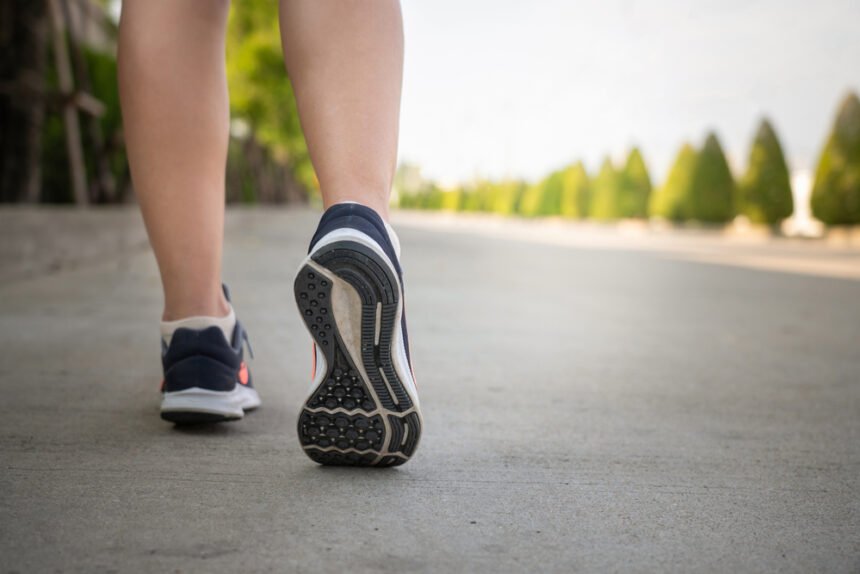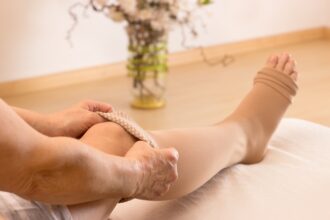We have previously talked about the importance of wearing the right shoes, which includes avoiding wearing flat shoes. You should also know what shoes to wear to avoid foot and leg problems while running.
Running is one of the safest activities you can do to stay healthy during this pandemic era. While most people have laced up their running shoes a while back, there are many newcomers that want to get in shape this new year. There’s a very low barrier to entry. All you need are appropriate workout clothes and running shoes and you’re ready to go.
However, seeing the variety of running shoes available on the market, one of the most common questions we get is how many running shoes should a runner have? Should you wear different shoes if you have a condition like plantar fasciitis? There’s no objective answer, but most people who are starting out slowly could do with just one.
In this article, we’ll take a look at the factors that influence your decision when it comes to deciding what running shoes and how many pairs you need.
Weather
While most people don’t consider this as a key factor, we believe it is still important. If it rains frequently and heavily where you live, you should get a separate pair of running shoes for rain. These shoes are mostly waterproof so that your feet stay dry. Apart from keeping them toasty, you’re less likely to develop painful blisters when your feet are dry.
From a safety perspective, running shoes built for wet weather have gripper soles so that you don’t slip and skid. This is important for frosty weather too as sometimes it’s difficult to spot icy terrain. Some also include reflective coatings so that you remain visible as the days get dark.
During the drier months, you should switch to running shoes that offer more breathability.
Running Frequency
This is pretty obvious, but the more you run the more running shoes you should have. Runner’s believe that you should rotate your shoes after every run in order to extend their lifespans. On average, you should be replacing your shoes after every 300-500 miles.
Novice runners can achieve 20 miles a week fairly easily, so they should replace their shoes every four to six months. You can double or triple their lifespans if you rotate between two to three shoes every run.
Some runners also feel like changing shoes allows them to run on varying cushions, thus somehow changing the way muscles and tendons are used and avoiding overuse injuries.
Terrain
Runners love to switch their routes every once in a while. If you’re used to running on well-maintained pavements and want to try running the trails, you may want to consider investing in trail running shoes especially if the trail you’re opting for has a lot of uneven surfaces and is slippery.
But keep in mind that not all trail running shoes are built the same. Ask the local running community what the terrain is like and have them advise on what shoes to get. Generally, there are the light trail, rugged trail, and off-trail types.
Conclusion
All-in-all, while it’s good to have multiple pairs of running shoes, you only really need to start off with one. If you’re starting in the winter, get a pair of waterproof running shoes for the first few months. Once it gets warmer, consider adding to your shoe collection.
It’s important that you don’t go all out with your shoe spending during the first month. This is when you’re still figuring out which soles give you the right fit and which brand may be best for you.
It’s not unheard of for experienced runners to have six to ten running shoes just on standby, each for different occasions. Until then, don’t overthink it and enjoy the journey!










